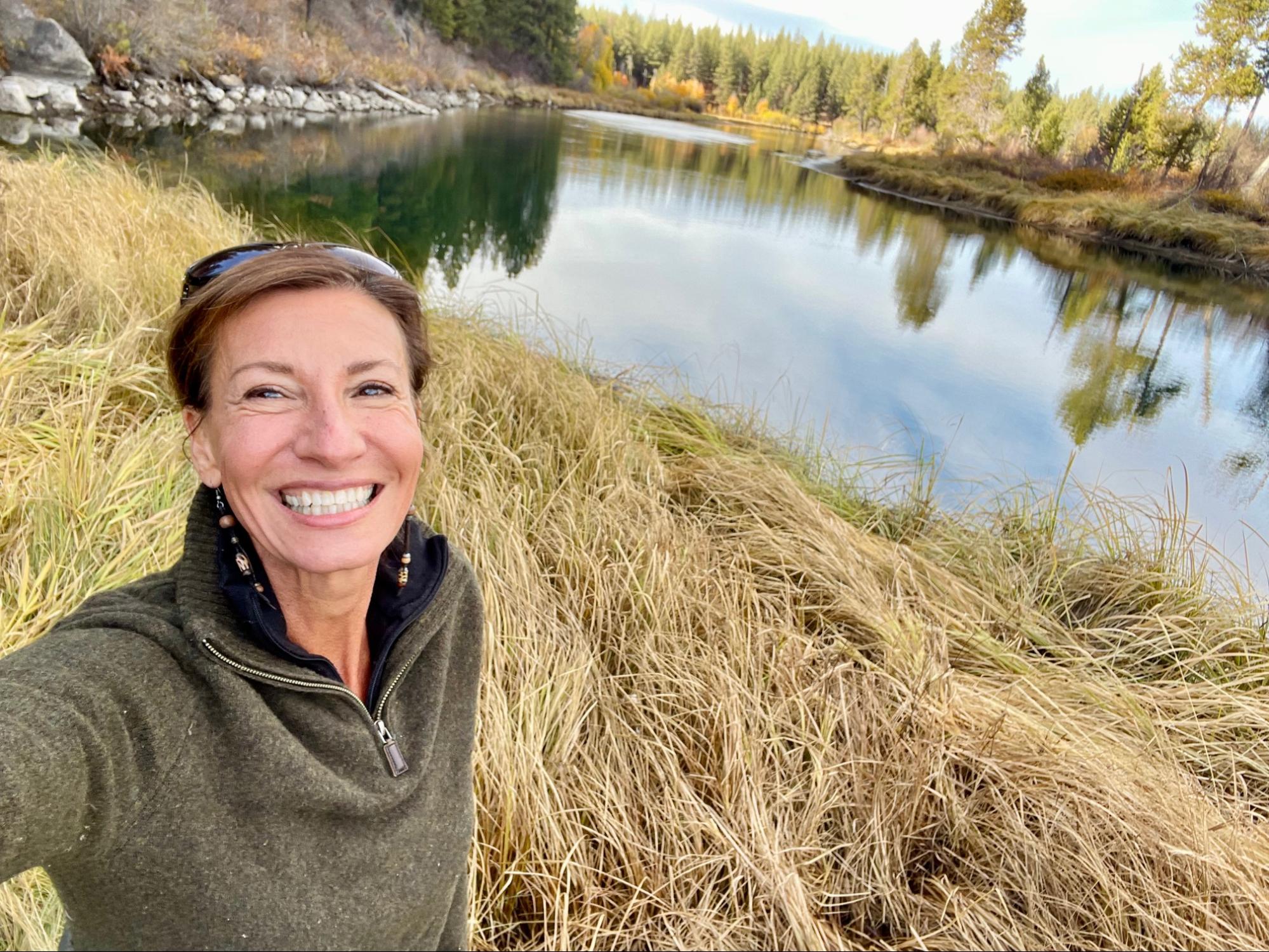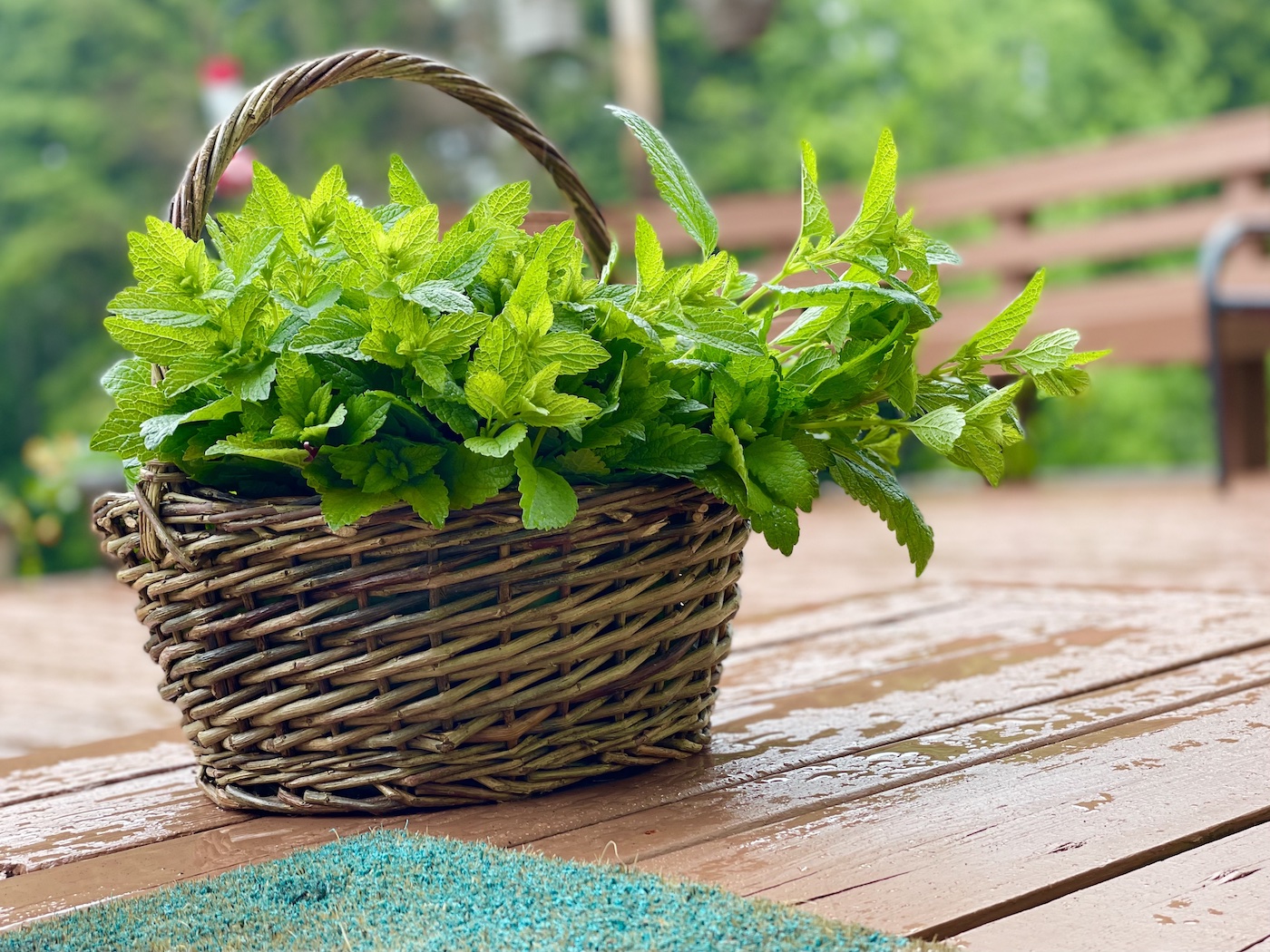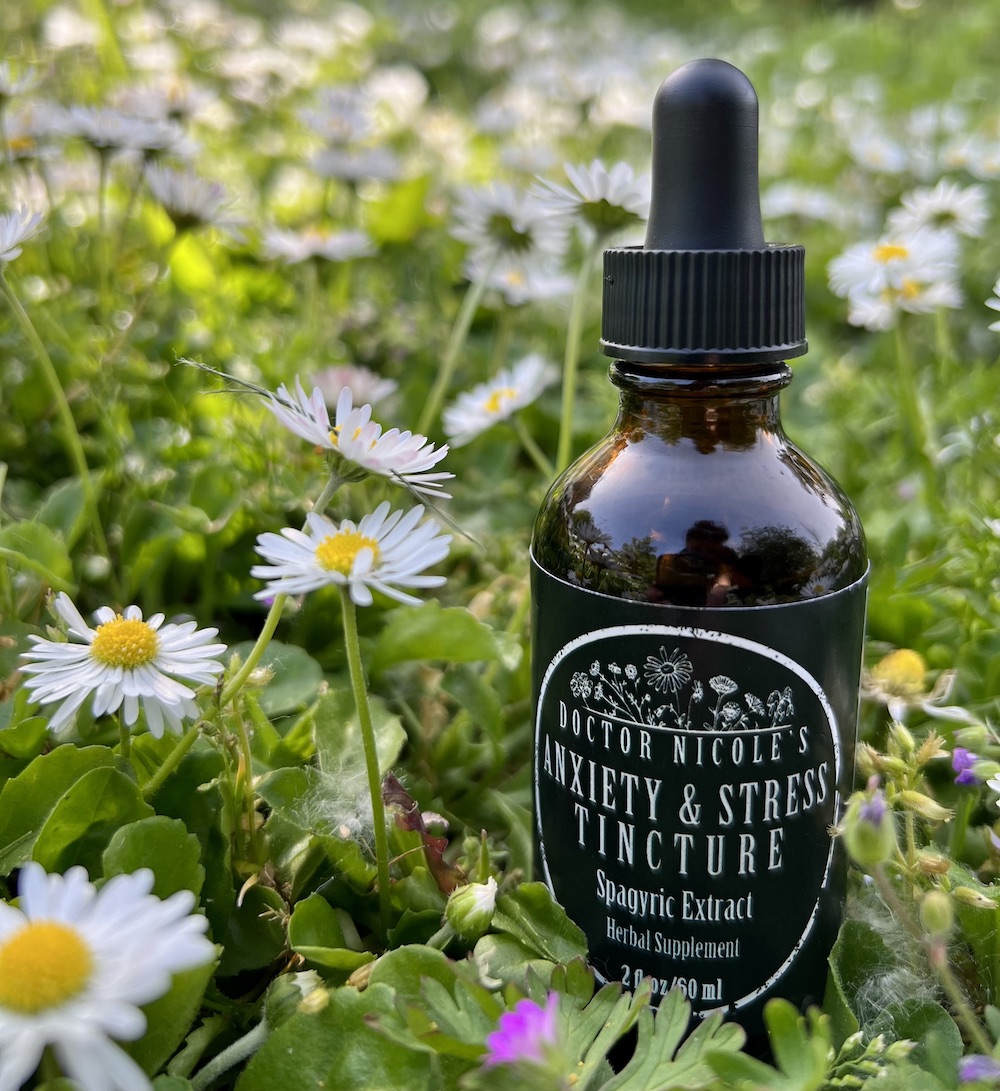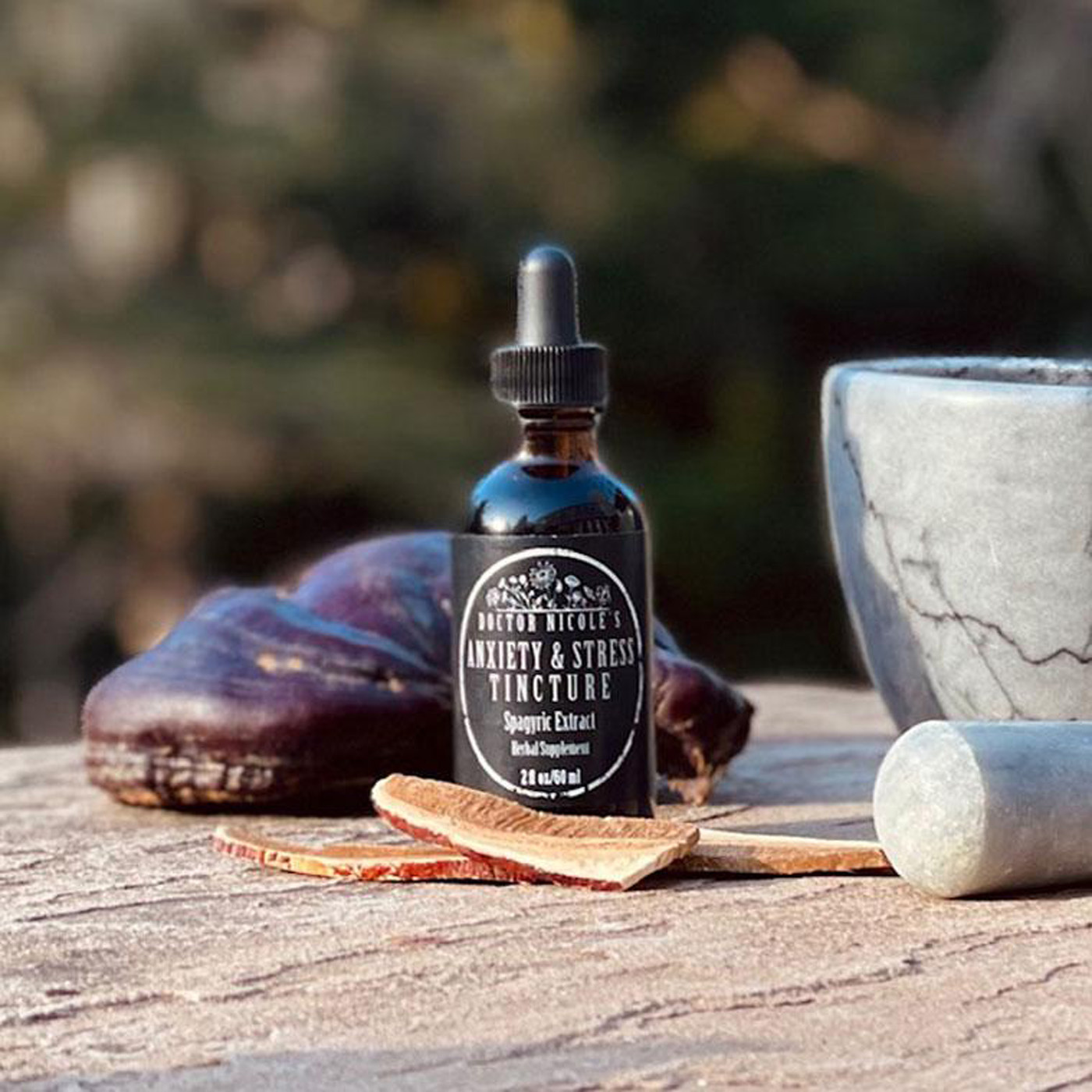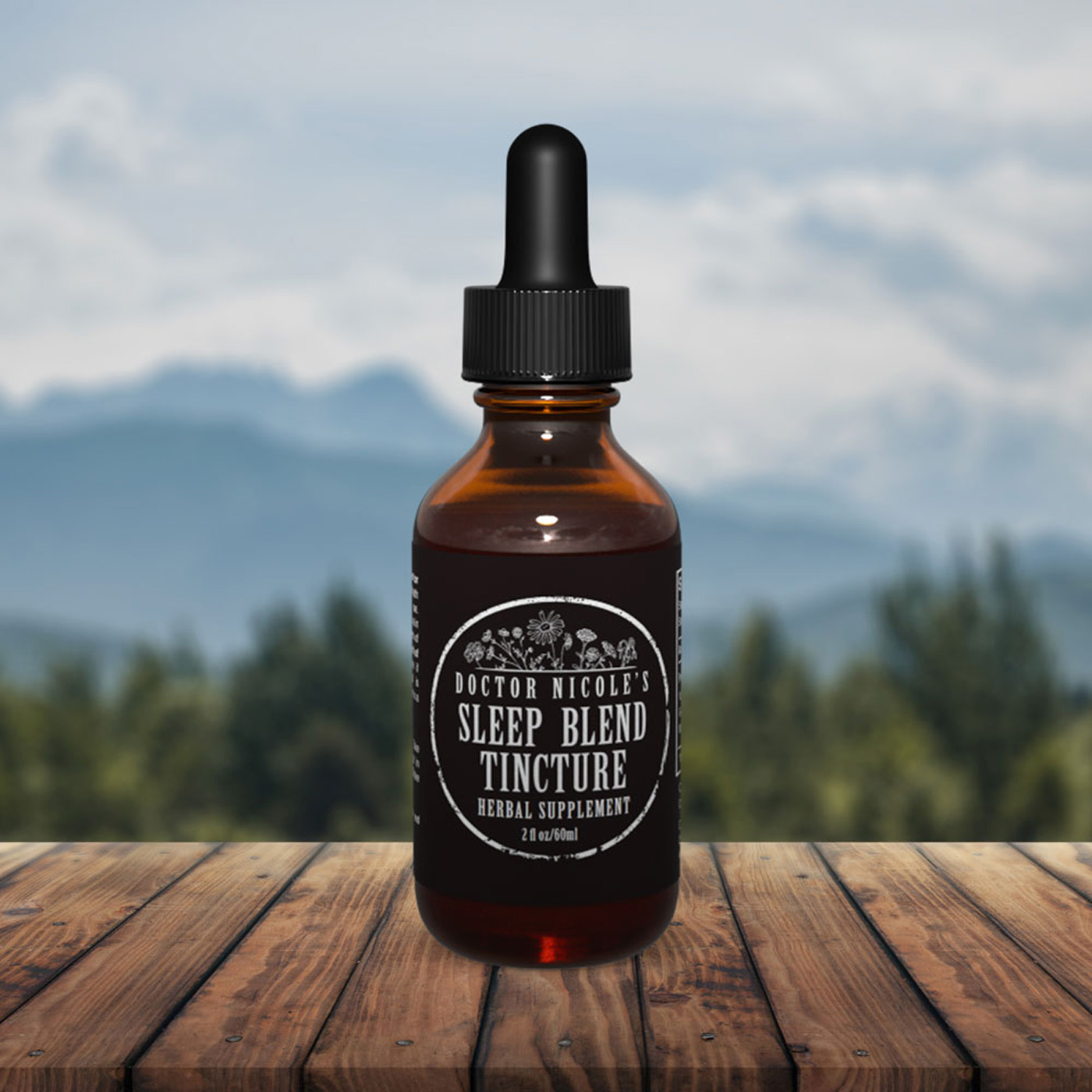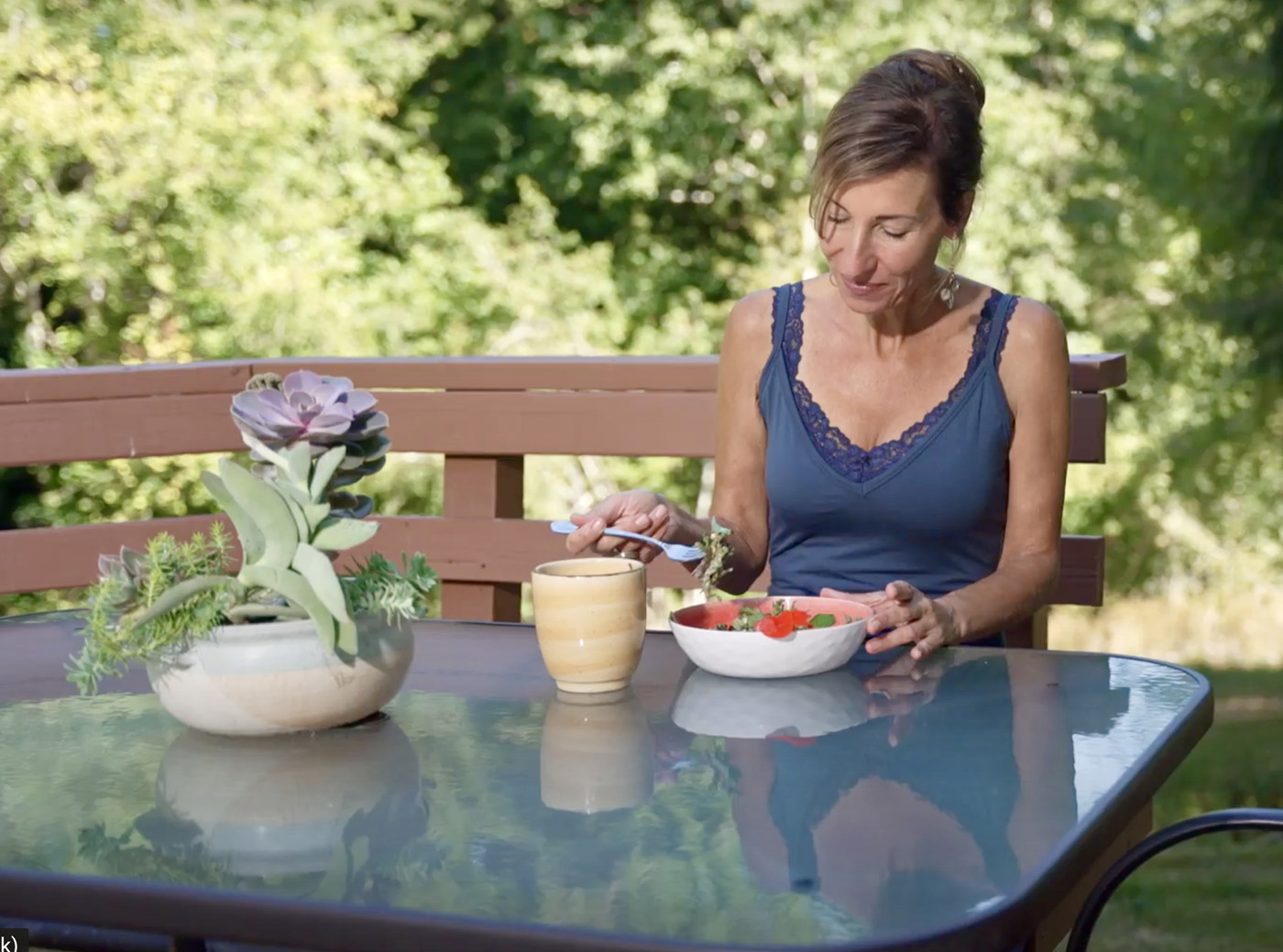The Link Between Stress and Aging
Most are well aware that chronic stress is bad for your health. But what you may not know is that it rapidly ages your skin. We’ve all heard stories about hair turning white after a traumatic event or you run into an acquaintance whom you haven’t seen for some time and are surprised at how much they have aged. As it turns out, they had been traveling through a difficult season in life. While these may be uncommon examples, the reality is that the stress hormone cortisol can age you well before your time and significantly impact your skin. Here’s why.
How Chronic Stress Ages Your Skin
Cortisol is a hormone that plays an important role in the body. It helps you to get out of bed in the morning as levels surge around 7 AM. The problem occurs when we have too much (or too little) of this vital hormone due to ongoing stress or HPA-axis disruption.
“Under normal circumstances, cortisol is a useful hormone,” says Dr Stefanie Williams, medical director of Eudelo Dermatology. “However, cortisol is one of our catabolic hormones (which break down tissues); if too much is released, it becomes destructive to collagen and other important structures in our body.”3
Moreover, chronic stress can impact how quickly we age by modifying our gene activity and expression via epigenetic changes.1 Ongoing sleep deprivation is another type of stress that can also cause rapid aging of the skin. Researchers have found that “poor quality sleepers showed increased signs of intrinsic skin aging including fine lines, uneven pigmentation, and reduced elasticity. They also recover much slower after skin barrier disruption.”4,5
According to a study published in the journal Inflammatory Allergy Drug Targets, “… multiple neuroinflammatory conditions can be triggered or aggravated by stress, such as: psoriasis, atopic dermatitis, acne, [and] contact dermatitis”.2

When we are stressed, we also may seek out sweets brimming with refined sugar for a short-term fix. However, this is damaging to your skin because of a process called glycation. I wrote about this in the post, “Healthy Aging and The Hidden Danger of AGEs“.
In short, when blood sugars react with proteins, fats, or nucleic acids in the body, Advanced Glycation Endproducts (AGEs) form and can wreak havoc on your health by promoting cardiovascular disease, diabetes, and Alzheimer’s. They also encourage rapid skin aging as AGEs destroy collagen and elastin, leading to sagging skin and wrinkles.6 What’s more, ongoing stress triggers the formation of AGEs independently of sugar intake. Because of this, getting a handle on chronic stress should be a top priority not only for overall health but also to slow down the hands of time.
My #1 Herbal Solution for Effectively Reducing Stress
While it may sound easy enough to reduce our stress load, I think many of us can relate to how difficult this can be in our fast-paced, modern age. Beyond establishing a healthy sleep routine, practicing yoga, keeping a gratitude journal, and spending plenty of time in nature, there will be seasons in life where stress can seem insurmountable. This is where herbal medicines can help!
I personally turn to our Anxiety & Stress Blend when I’m feeling overwhelmed. It contains concentrated, dual-extracted lion’s mane and reishi medicinal mushrooms to calm inflammation, lessen insomnia and anxiety, foster sound sleep, and protect against the harmful effects of high cortisol and stress. I’ve also included ashwagandha and lemon balm to soothe anxiety, boost sleep quality, balance blood sugar levels, and help you adapt to stress in a healthy way. If you need a blend purely for sleep, see here.
BEST THING TO CALM ME DOWN!
“I love this tincture! I take it in the morning and it keeps me calm and happy all day long. Thank you Nicole for the amazing products!” -Anaivette T.
Are you ready to calm chronic stress and put your best face forward? Our Anxiety & Stress Blend is formulated to help you relax and restore balance. Visit the apothecary today and see for yourself how this powerful tincture can help you to experience more peace and less stress!
Nicole Apelian
Nicole’s Apothecary Products in this Post
References
- Lee, C. M., Watson, R. E. B., & Kleyn, C. E. (2020). The impact of perceived stress on skin ageing. Journal of the European Academy of Dermatology and Venereology : JEADV, 34(1), 54–58. https://doi.org/10.1111/jdv.15865
- Chen Y, Lyga J. Brain-skin connection: stress, inflammation and skin aging. Inflamm Allergy Drug Targets. 2014;13(3):177-90. doi: 10.2174/1871528113666140522104422. PMID: 24853682; PMCID: PMC4082169.
- “This Hormone Is Behind A Lot Of Your Skin Issues” by Georgia Day, British Vogue, December 27, 2020. https://www.vogue.co.uk/beauty/article/cortisol-stress-on-skin
- Oyetakin-White, P., Suggs, A., Koo, B., Matsui, M. S., Yarosh, D., Cooper, K. D., & Baron, E. D. (2015). Does poor sleep quality affect skin ageing?. Clinical and experimental dermatology, 40(1), 17–22. https://doi.org/10.1111/ced.12455
- Oyetakin-White P, Koo B, Matsui M, Yarosh D, Fthenakis C, Cooper K, Baron E. In Effects of Sleep Quality on Skin Aging and Function, J. Invest. Dermatol. 2013: S126–S126. https://media.cleveland.com/health_impact/other/Lauder%20Sleep%20Skin%20Study%202013%20IID%20Poster%20%202013%20final.pdf
- Zheng W, Li H, Go Y, Chan XHF, Huang Q, Wu J. Research Advances on the Damage Mechanism of Skin Glycation and Related Inhibitors. Nutrients. 2022 Nov 1;14(21):4588. doi: 10.3390/nu14214588. PMID: 36364850; PMCID: PMC9655929.

